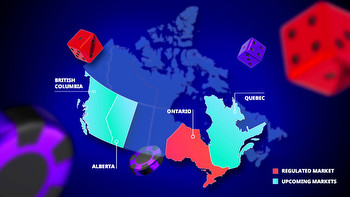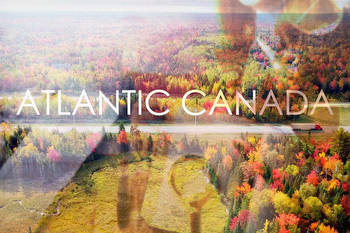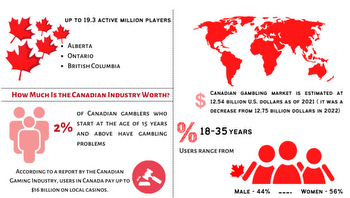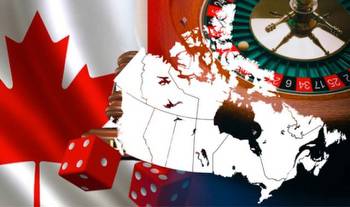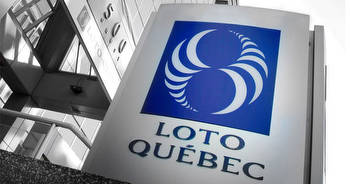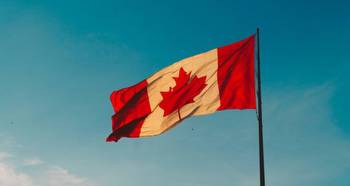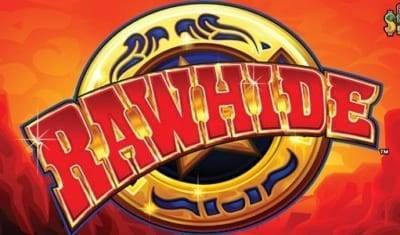Will Canadians Embrace Regulated Online Gambling Now That It’s Here?

The Canadian province of Ontario started its legal and monitored online gambling sector on April 4th 2022. The formal launch comes nearly three years after the province government announced plans to lift the lottery’s monopoly on online gambling in April 2019. In 2020, the government announced laws to establish a licensing system.
The new market will be regulated by iGaming Ontario, a subdivision of the Alcohol and Gaming Commission of Ontario (AGCO), which will also provide licenses to operators that apply for it and meet all the regulatory requirements and quality standards.
The province released its final criteria for online betting and gambling in September 2021. Auto play is prohibited in online gambling, and the minimum spin speed for slots is 2.5 seconds.
Some of the Big Brands in Online Gaming Get the Nod from iGaming Ontario
iGaming Ontario issued a number of licenses ahead of the market’s inauguration, allowing a number of large companies to operate in the jurisdiction.
PointsBet, Rivalry, Rush Street Interactive, Bet365, FanDuel, and 888 all received online gambling licenses in Ontario, while providers including Inspired Entertainment, Play’n Go, and High 5 Games were also permitted to partner with approved operators. Affiliates such as NoDepositWorld are also part of the regulation framework and they are having a very hard time with adapting to compliance rules of the new laws.
The AGCO issued a warning to operators in the process of obtaining a license in the days prior to the market opening that if they continued to operate, their application would be rejected.
The AGCO announced plans to take strong action to address any remaining uncontrolled Ontario market activity in conjunction with the Ontario Police Forces. These plans were laid out in a guide that was produced to provide direction to online game service providers seeking to apply for the Ontario license.
On the day that the market was launched, a few operators were already pre-approved and went live. This included the likes of PointsBet, a brand that offers both an online casino and online sportsbook. Another noteworthy brand that started operations on launch day is FanDuel, owned by Flutter Entertainment. FanDuel also received licenses to operate sports betting as well as online casino gaming within the province of Ontario.
Online Gambling Laws in the Different Provinces and Territories of Canada
In general, if a type of gambling is not regulated or supervised by either the provincial or federal governments, it is prohibited inside Canada’s boundaries.
Since the provincial government gets a say in whether a form of gambling is legal or not within their jurisdiction, the legal status of online gambling may vary from one jurisdiction to another. For instance, online gambling is now legal in Ontario, but only for sites licensed by the AGCO. On the other hand, in Quebec, residents can sign up and play at any online gambling website as long as they site is willing to provide them the services and this includes government-run online gambling sites.
In Nova Scotia, there aren’t any state-owned online gambling services, but residents are free to sign up with any online casino or sportsbook, including offshore services.
New Brunswick also adopts the same stance as Nova Scotia. In Manitoba, government-owned website PlayNow Manitoba offers online gaming to residents.
In British Columbia, PlayNow, which is owned by the British Columbia Lottery Corporation, is the province’s sole regulated and totally legal gaming site. Launched in 2004, the site offers sports betting and various types of casino gaming.
Online gambling in Prince Edward Island is unregulated at this time. Residents can choose from thousands of offshore providers and play without getting into any legal trouble for doing so.
Land based casino gaming is not allowed in the province of Newfoundland and Labrador. Many gaming enthusiasts, therefore, look at internet-based game providers to get their gaming fix. They have thousands of offshore casinos and sportsbooks that will accept them.
In the province of Saskatchewan, online casino and sportsbook operations are not allowed if it is based in the province. So, there is nothing really stopping residents from signing up with offshore online gambling websites.
Alberta does not regulate online gambling at all. Residents are free to gamble online at their own risk.
The above covers the various provinces, but there are also the territories of Yukon, Nunavut and the Northwest. These territories are mostly governed by the Federal government.
In Yukon, Residents can lawfully place bets on the internet, whether through a sportsbook or a casino. It makes no difference whether the service is based in Canada or outside.
In Nunavut, within Nunavut’s boundaries, internet gambling is legal. This is true for both online sportsbooks and casinos, albeit those in more rural areas may face difficulties due to a lack of Internet access.
As far as the Northwest Territories are concerned, all forms of online gambling are legal. Whether you’re playing a slot machine or betting on the horses, you don’t have to worry about getting in trouble with the law.
When it comes to laws pertaining to the marketing of online gambling sites, there are rules which apply to this as well. Paid promotions on social media websites such as Facebook and Instagram are not allowed. According to the tech giant’s own gambling promotion policy – Advertisements for online real money gambling, skill games, or lotteries, such as online casino, sports betting, bingo, or poker, are only permitted with prior written approval. Advertisements promoting legalized gambling, skill games, or lotteries must target those aged 18 and above who live in jurisdictions where authorization has been given.
Twitter has a general gambling policy which essentially insinuates that Except for ads targeting certain nations, where it is authorized with limits as detailed below, Twitter forbids the marketing of gambling material.
As far as Twitter’s gambling policy in Canada goes, online gambling promotion is allowed as long as it is provided by licensed organizations within Canada and with prior approval from Twitter.
Fantasy sports ads, on the other hand, are allowed.








